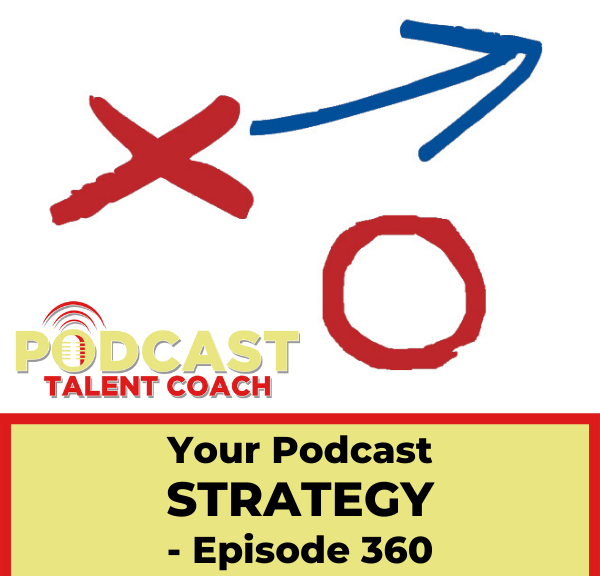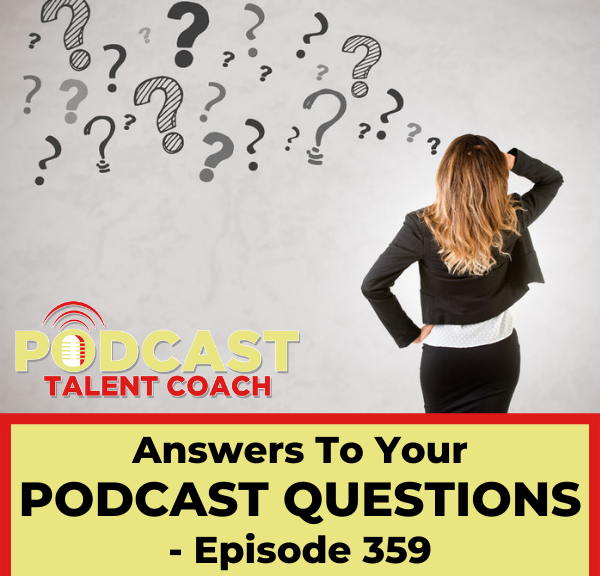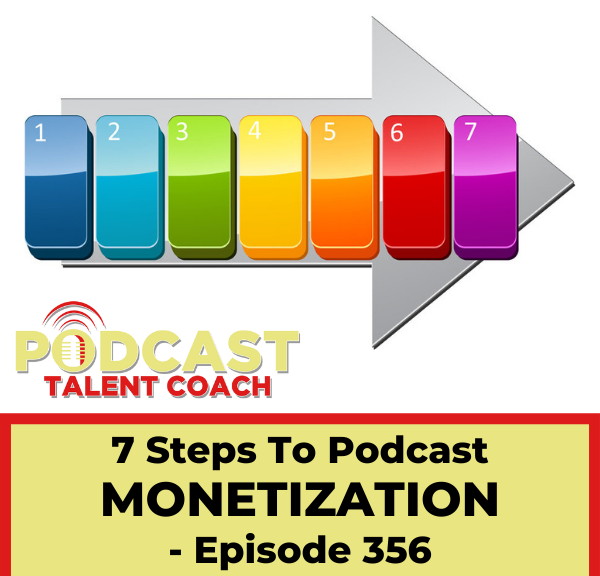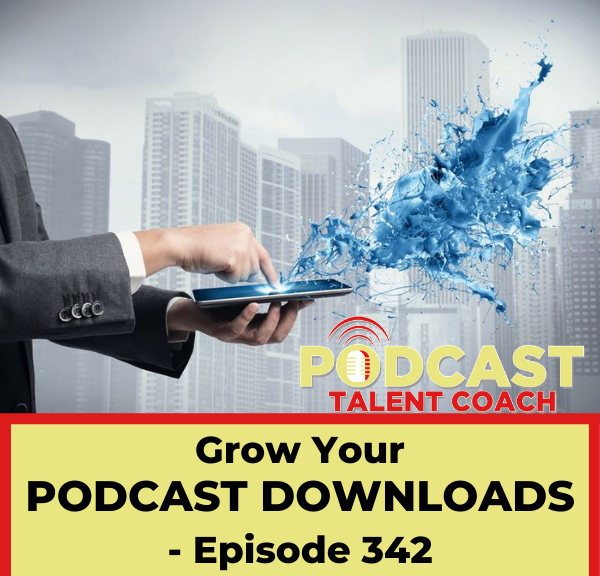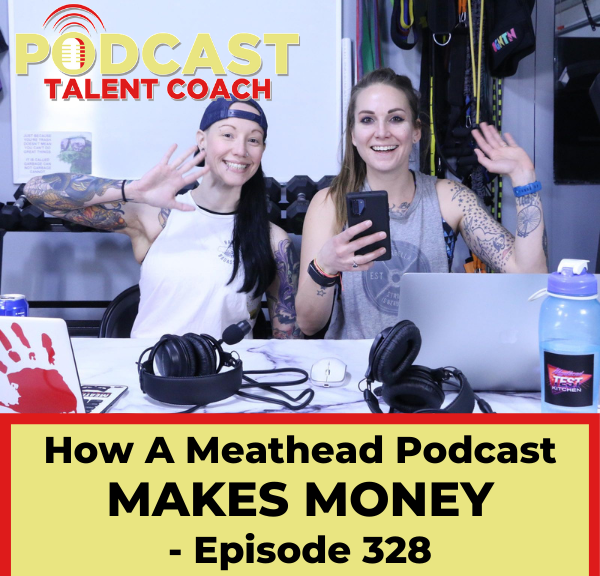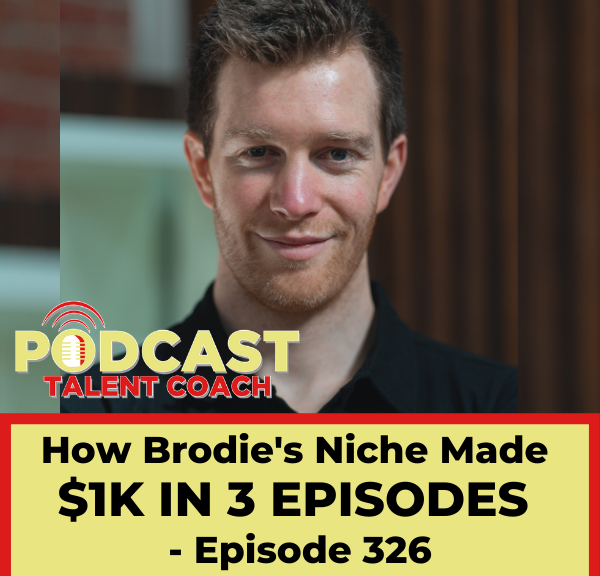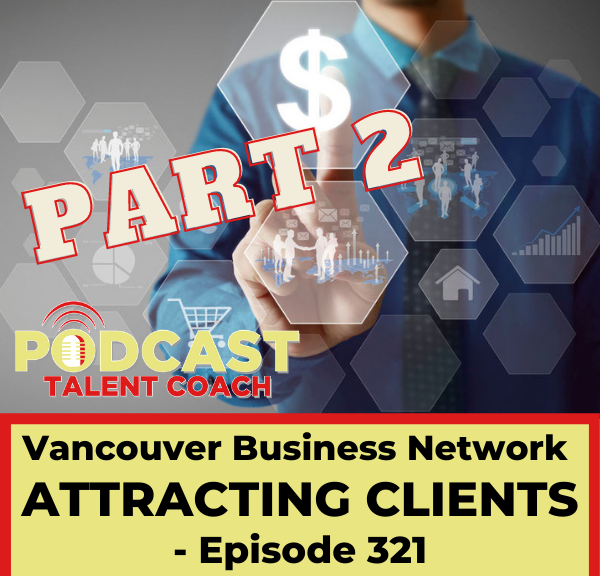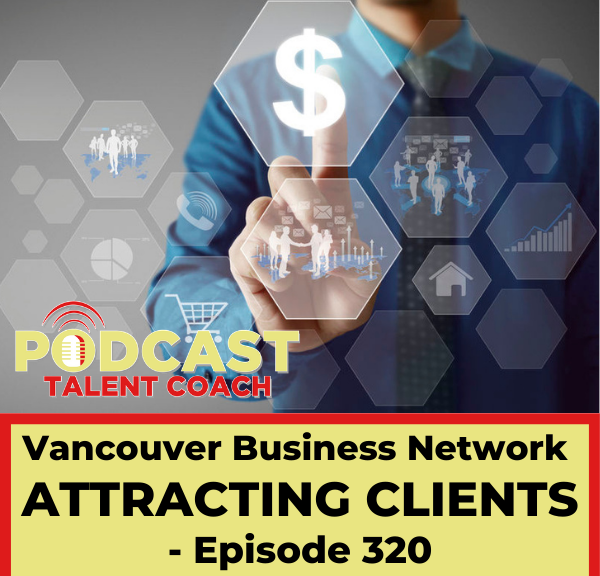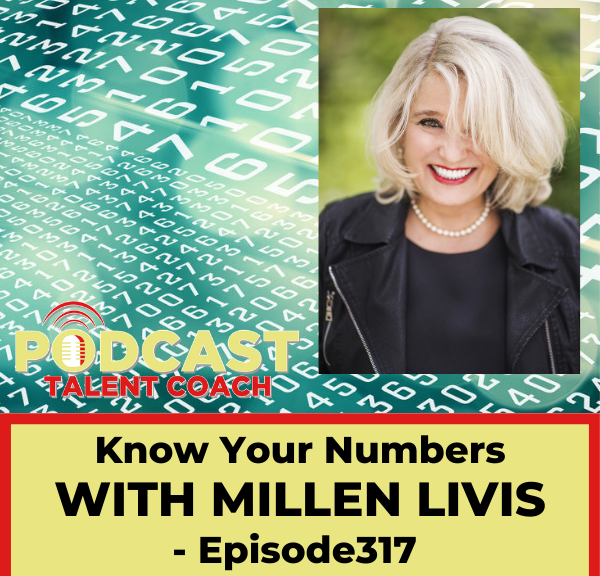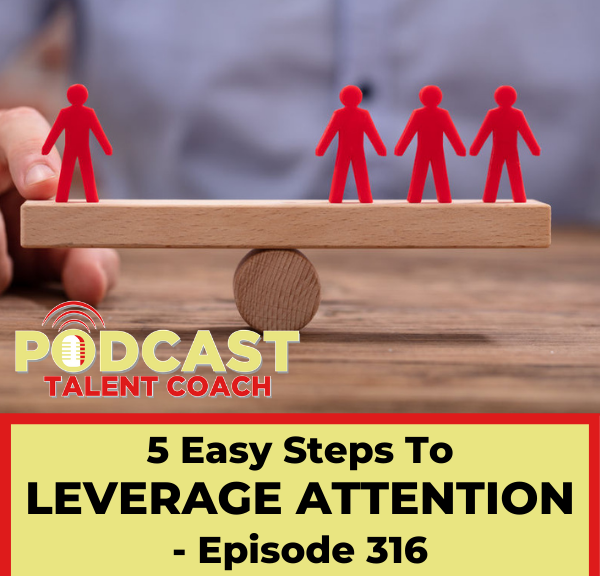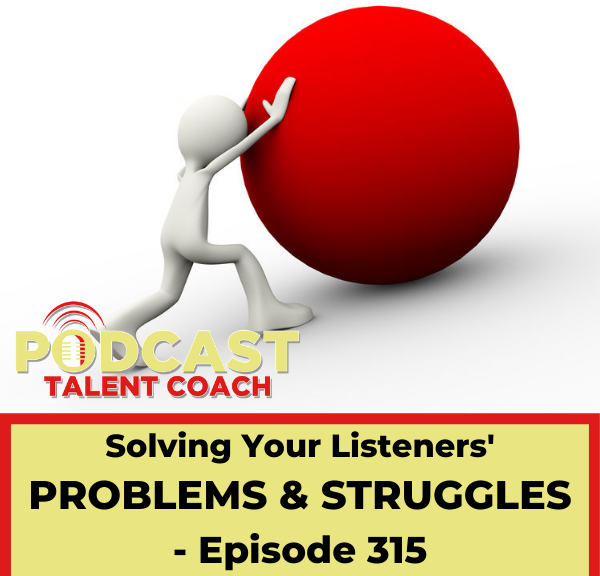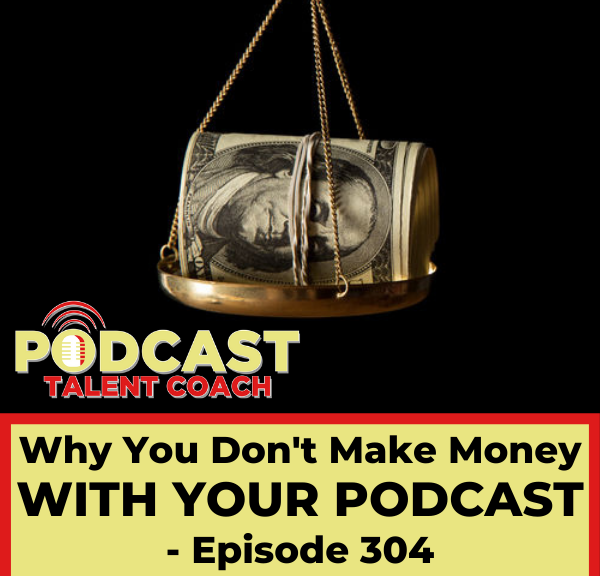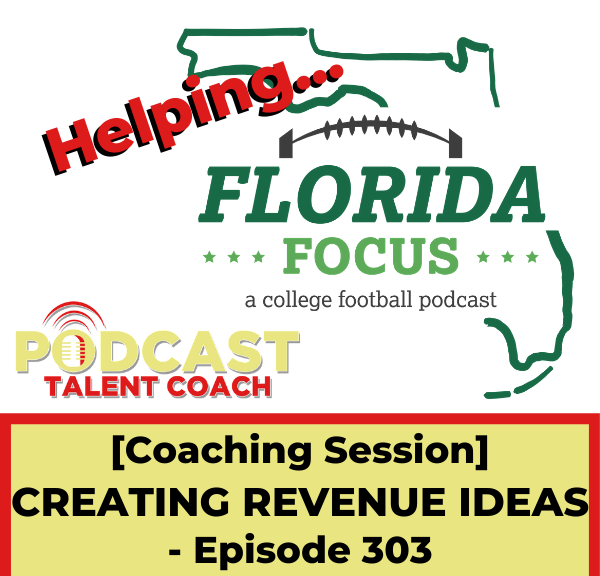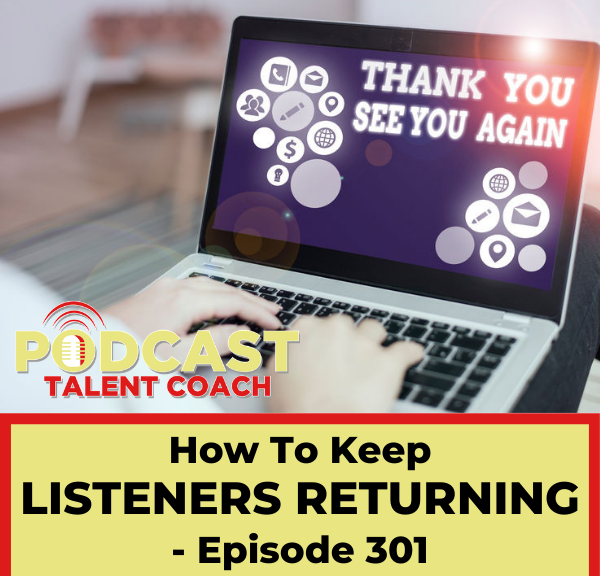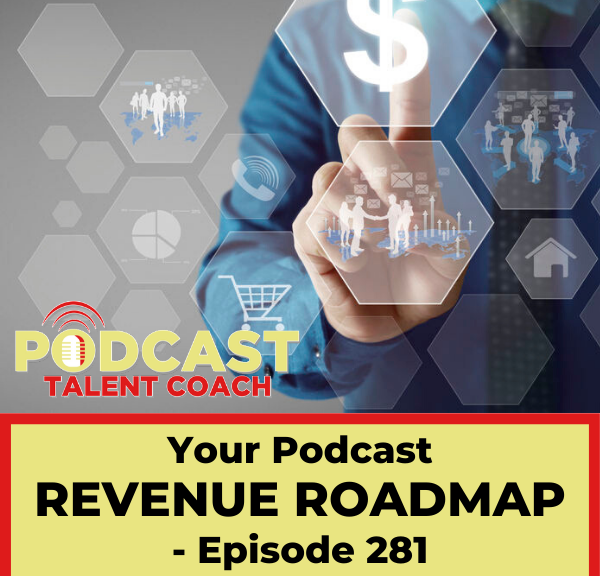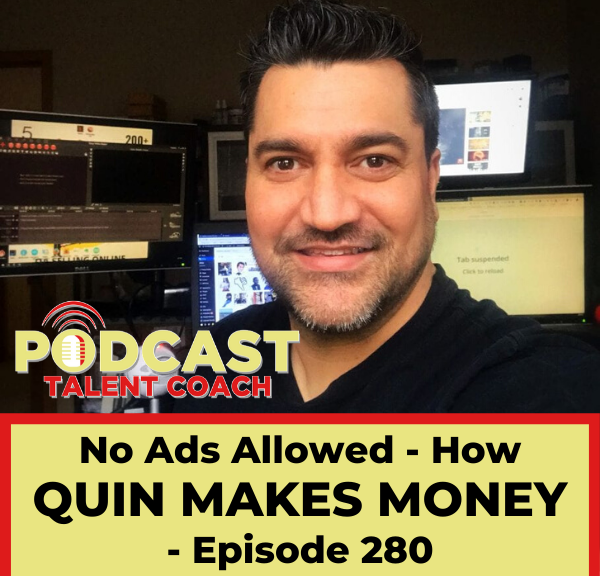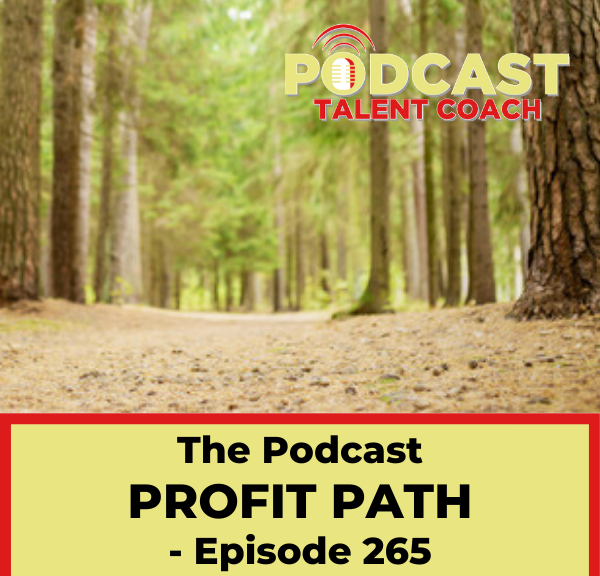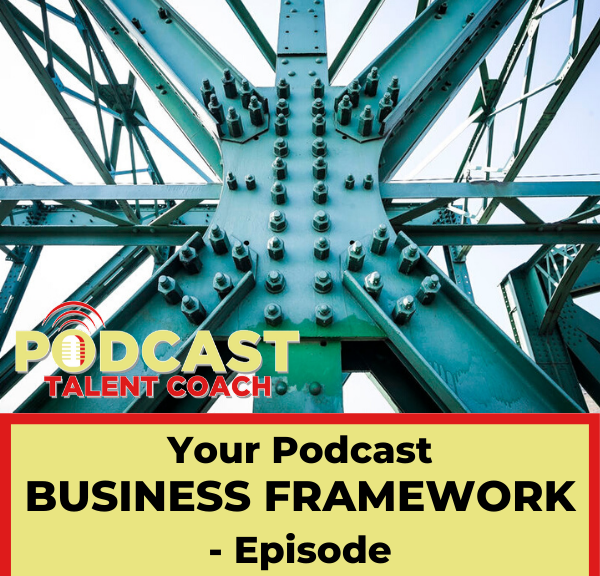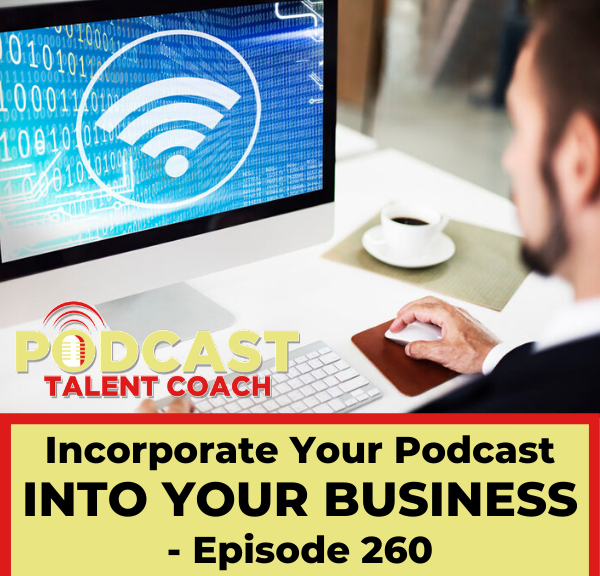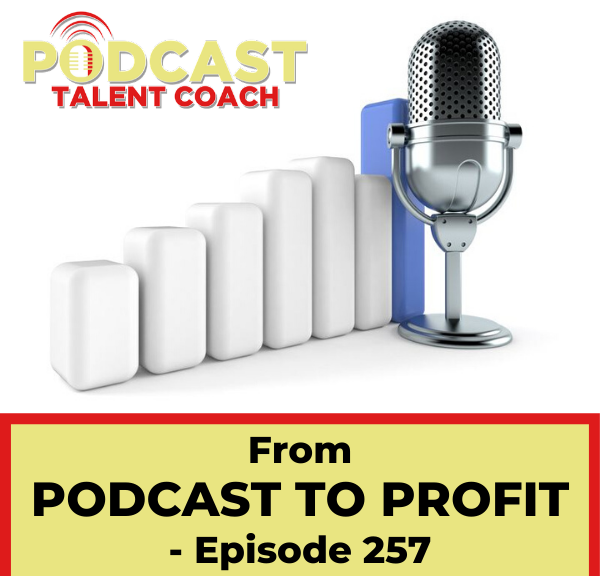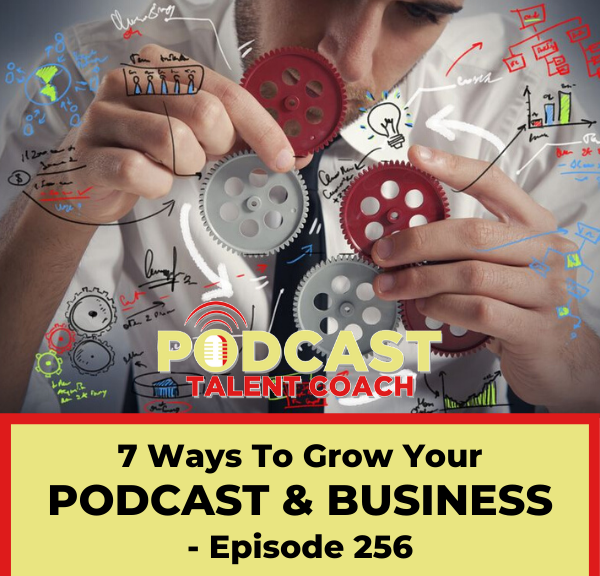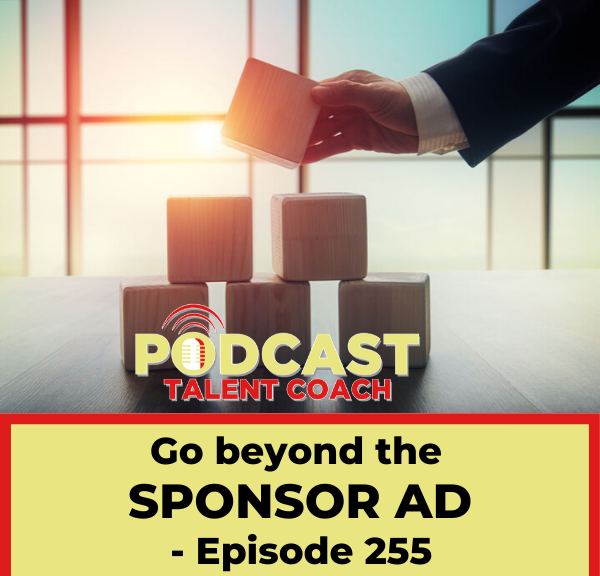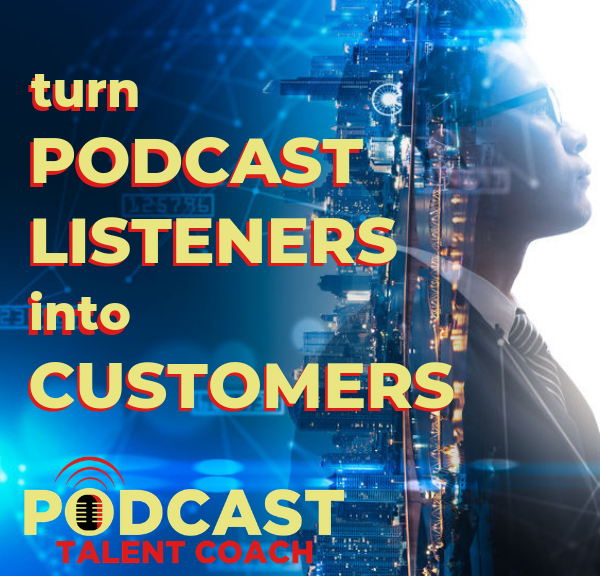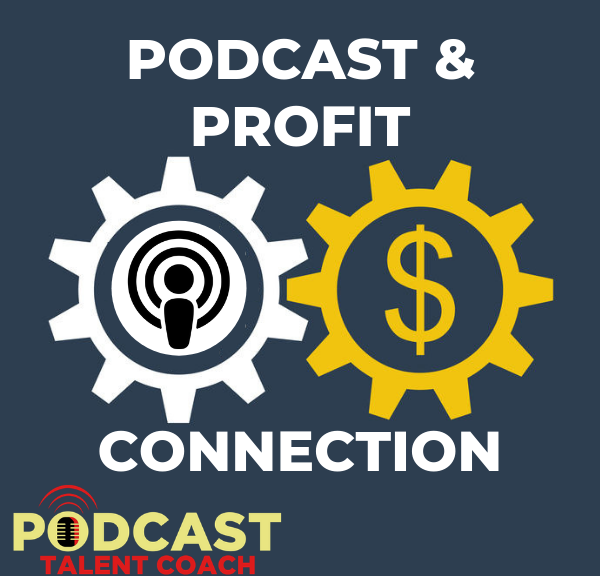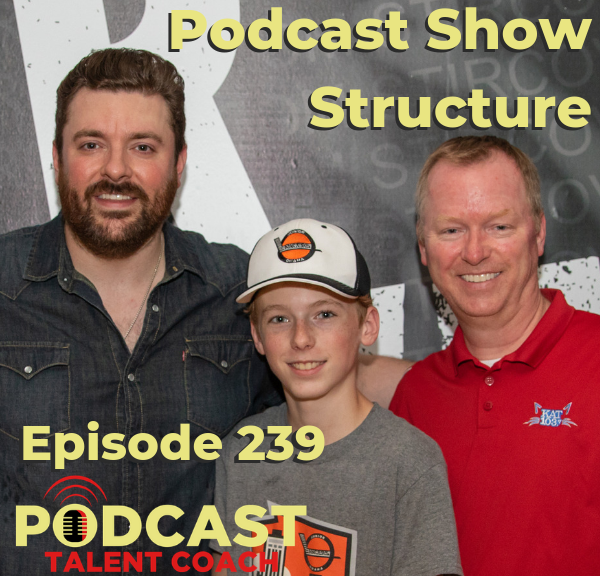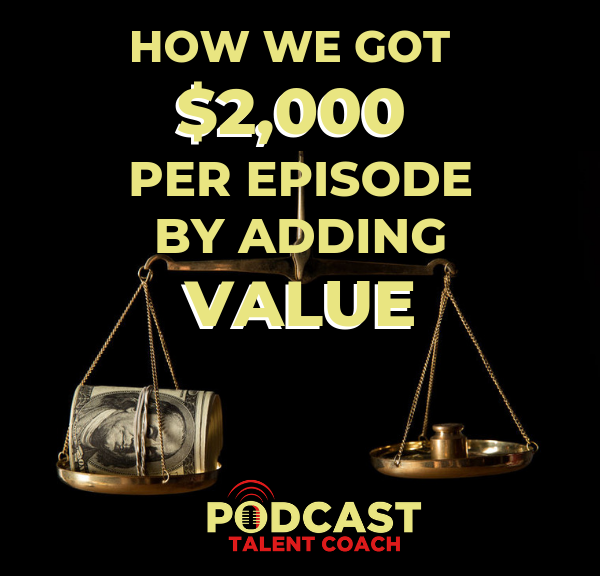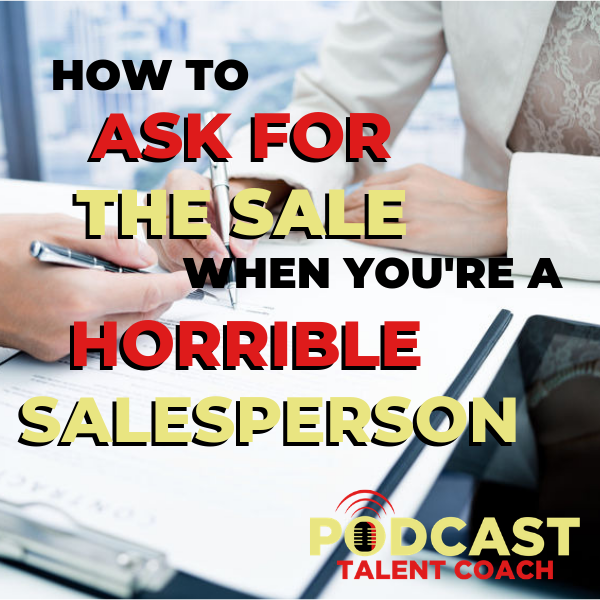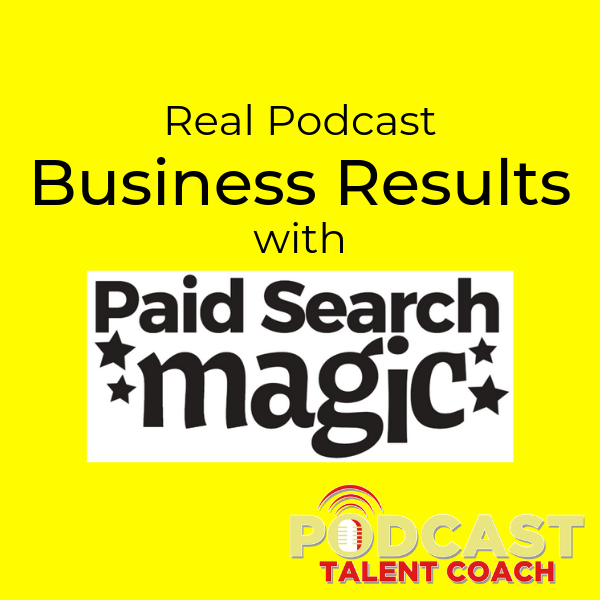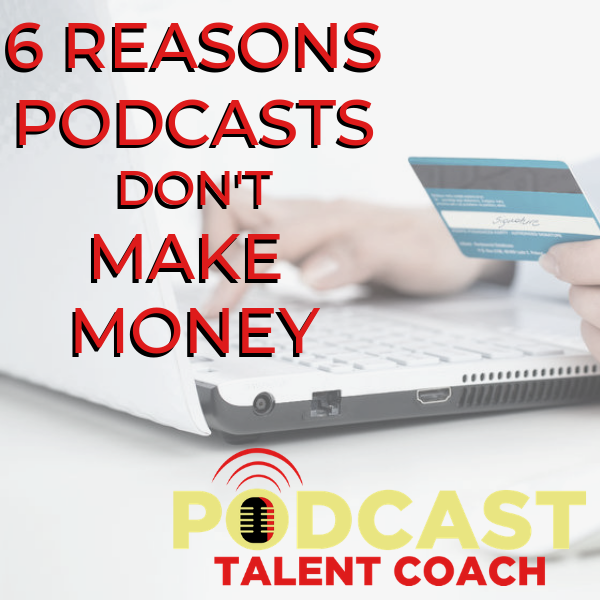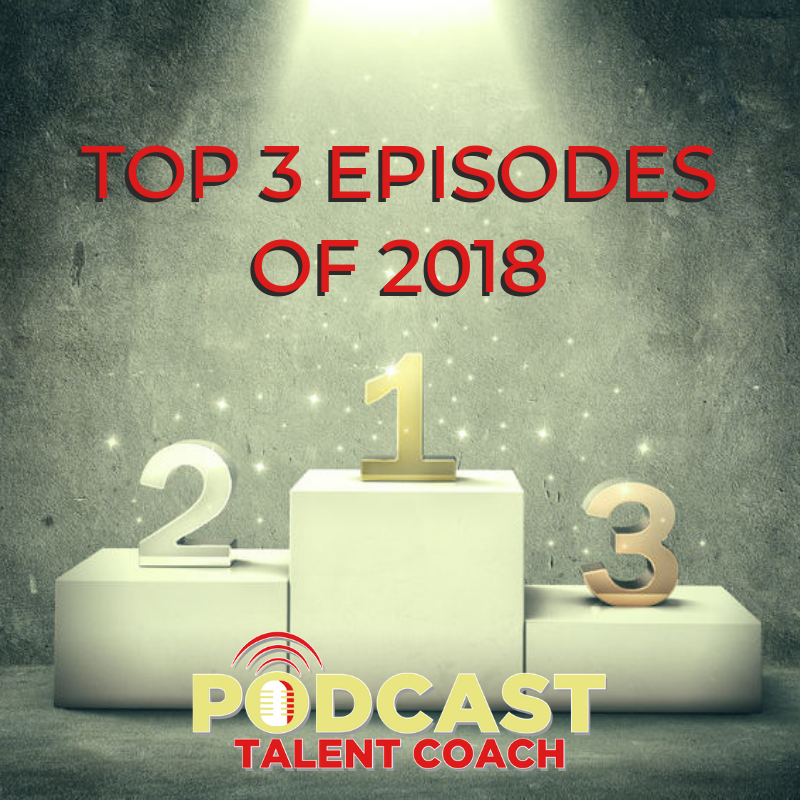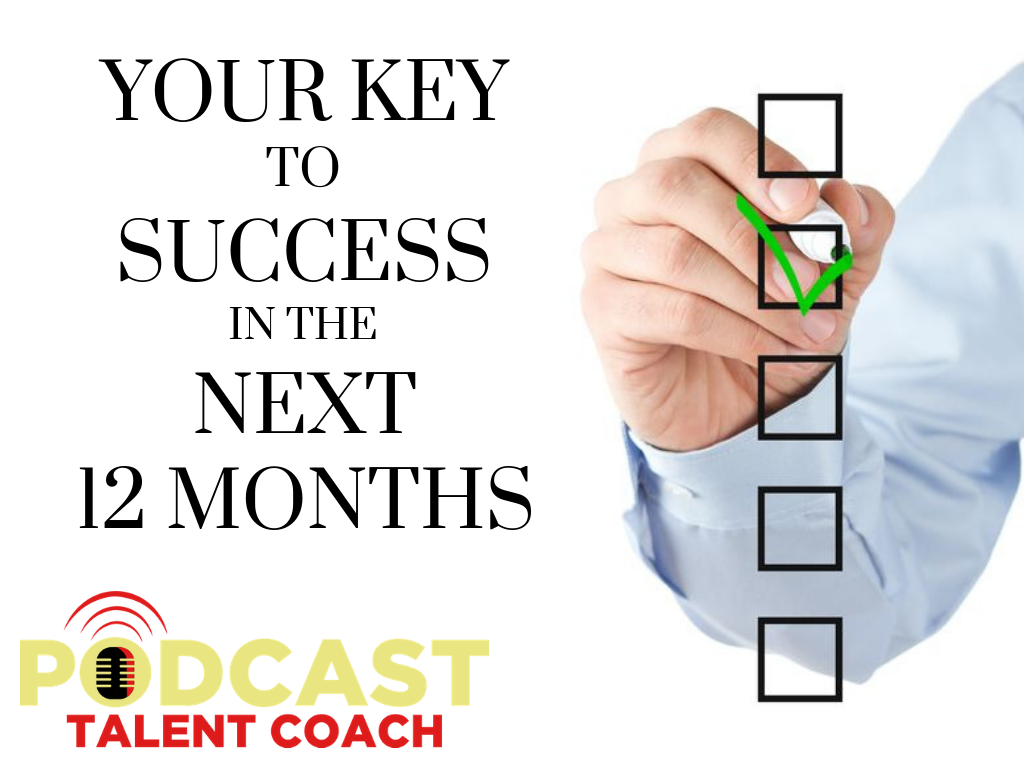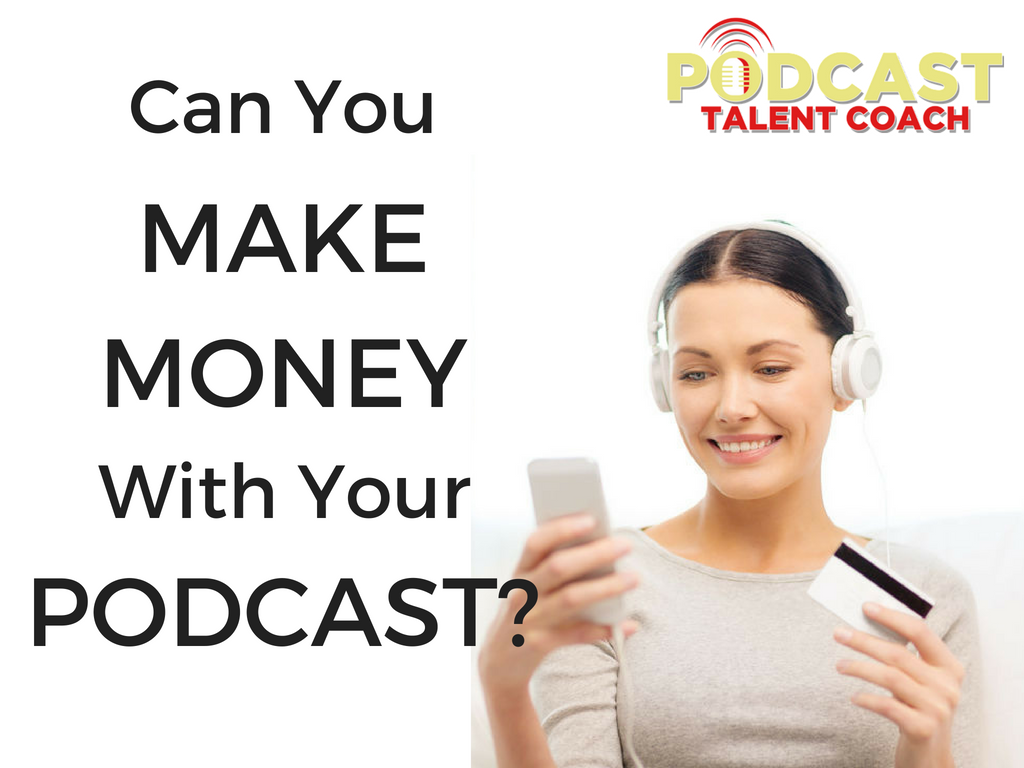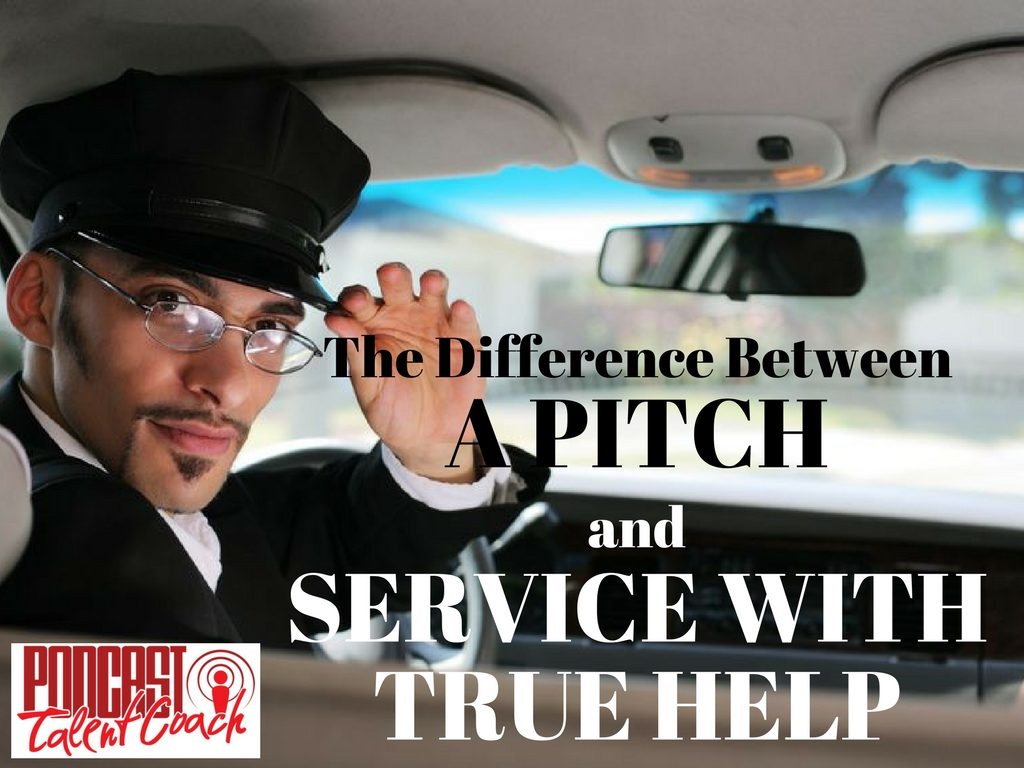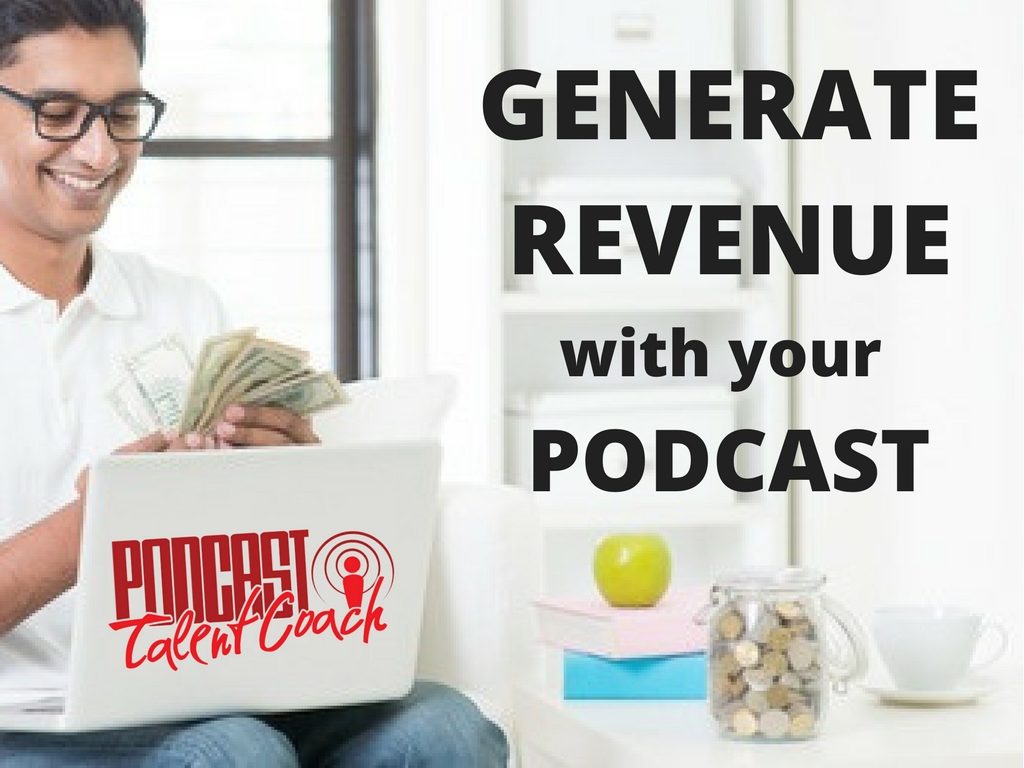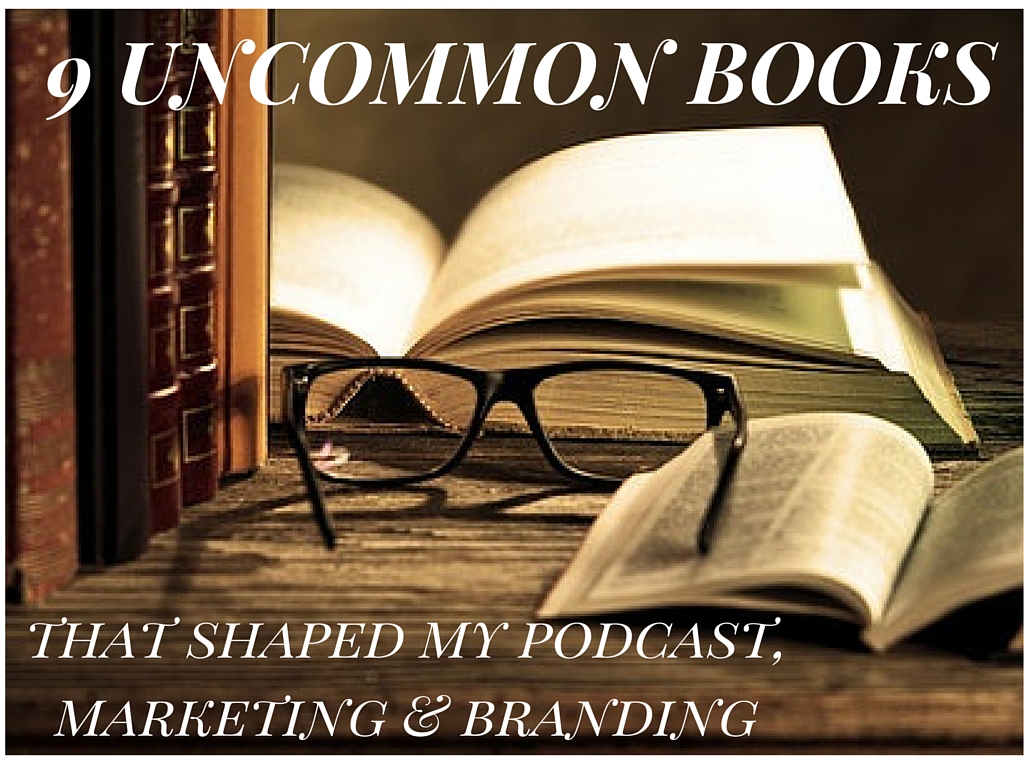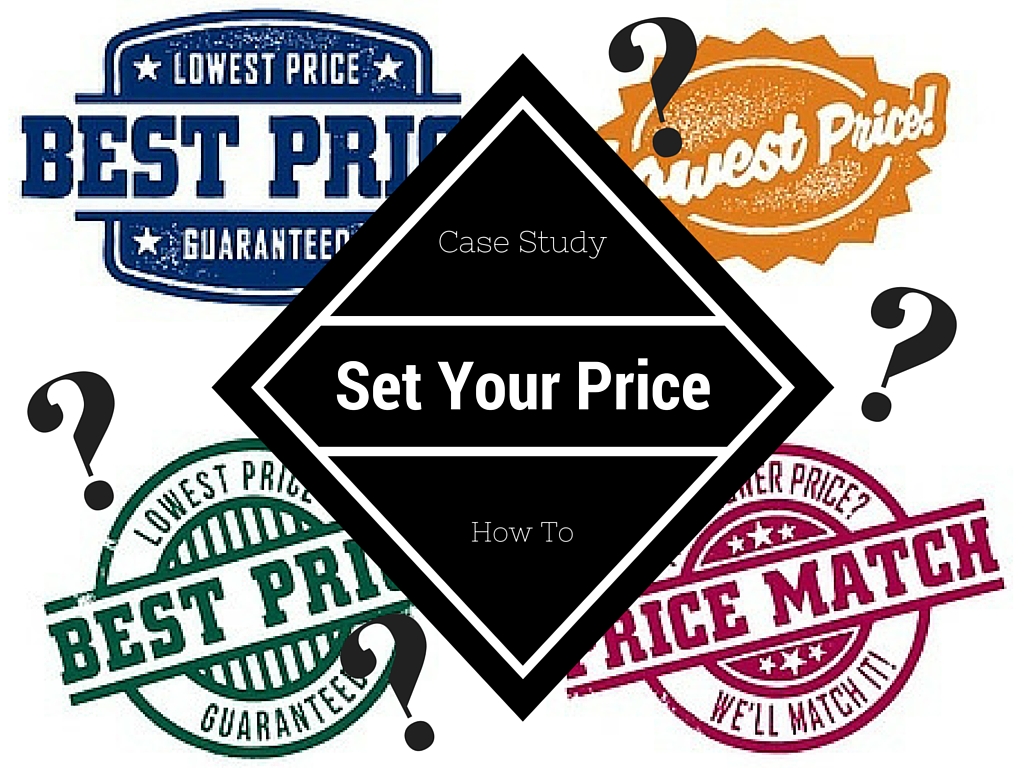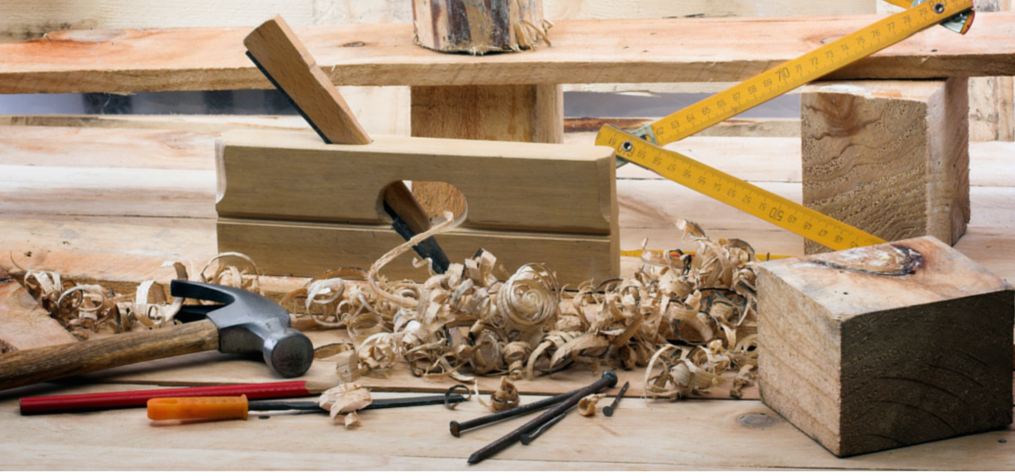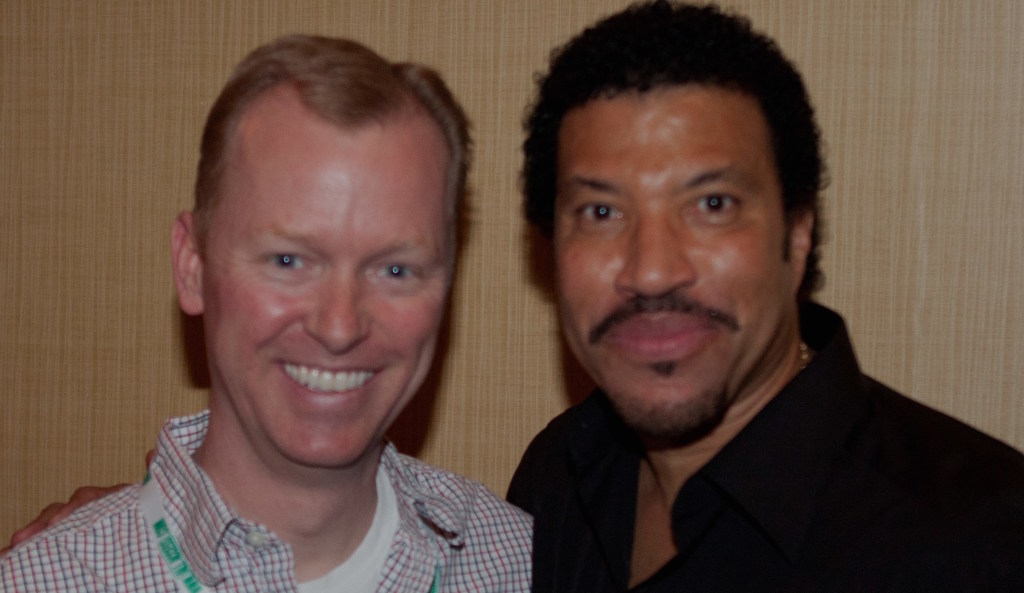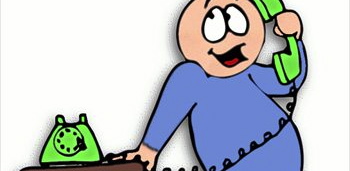Podcast: Play in new window | Download
Subscribe: RSS
How is your podcast strategy? Do you even have one?
Lots of podcasters struggle with finding constructive, intentional ways to get the word out about their show. The marketing stuff can get tricky.
Many podcasters I talk with would be happy to have enough downloads to get 2 or 4 coaching clients paying a fee. How do you bring a few listeners through the funnel?
Let’s look at your whole strategy today on this episode.
BOOTCAMP
Before we jump into it, I want to invite you to a powerful event I am holding where I will help you build your podcast monetization strategy. We actually get stuff done in this day-long bootcamp.
So many times, we go to webinars hoping to learn something only to find out it is full of fluff. We might walk away with one or two ideas after an hour. But we are really only there for the sales pitch.
You now have a chance to join me for a 6-hour Podcast Profits Bootcamp where I will walk you through the entire process to build your podcast monetization strategy. It’s actually 7 hours, but you get an hour for lunch.
During this event, we will build a few ways to monetize your show that are perfect for you. This isn’t one size fits all. It is specific to your podcast.
You can enroll at www.PodcastTalentCoach.com/bootcamp.
You will get a workbook that will help you stay on track as we develop your strategy. During the bootcamp, we walk through the workbook step-by-step.
HOW IT WORKS
We will start with your foundation to ensure you are building on solid ground. Then, we will develop your purpose. I’ll show you why most podcasts don’t make money, so you can avoid those pitfalls.
Many people think ads and sponsorships are the way to make money with your show. That is a myth. It is the worst way. Sponsorships require a very large audience and a lot of sales time. Ads also have a revenue ceiling.
I’ll show you a better way during the Podcast Profits Bootcamp. I won’t just show you, we will build it together. We will discuss the various ways you can monetize your show, and we will pick the strategy that is right for you.
Finally, you will have plenty of time to ask me questions to refine your strategy.
This is so much more than a webinar or workshop. It is a bootcamp where we will actually get things done.
Where most webinars last an hour, this is an all day event.
REGISTER
Registration for the Podcast Profits Bootcamp is $197 for this 6-hour bootcamp and your workbook. More importantly, you walk away with your monetization strategy for your show.
Right now, you can enroll for $197. Enroll now and secure your spot.
You can enroll at www.PodcastTalentCoach.com/bootcamp.
If you are ready to build your podcast monetization strategy, the Podcast Profits Bootcamp is for you. You’ve spent enough time attending empty webinars and trying to find sponsors. Now is the time to build a real strategy.
Let’s sweeten the deal for you a little more. If you enroll in the Podcast Profits Bootcamp, you will also get a bonus prep call to get you ready for the event. This is where we help you gather all of the information and ideas you’ll need before the bootcamp begins.
Let’s get you registered for the Podcast Profits Bootcamp. Jump in right now at www.PodcastTalentCoach.com/bootcamp.
BEGIN YOUR STRATEGY
As you build relationships with your content, start with the end in mind. This is where your strategy begins.
What do you want your listener to take away from this episode?
Decide what emotions do you want to stir?
What do you want your listener to do when the episode is over?
When you know those goals, your content will be easy to create.
On your podcast, stir emotion by talking about the “why” to your solution. Agitate the hopes, needs, fears and dreams of your listener.
Then, give your listener a little of your “what”. Let them engage with your coaching, courses or other offerings for the “how”.
MONETIZATION STRATEGY
Then, you need to determine your revenue goal.
You make money with your podcast, not from your podcast.
The podcast doesn’t generate any income. Ads are a lot of work with very little return.
To monetize your show, leverage the attention you have built to drive your business. How does the podcast fit into your overall marketing plan?
Start with the goal.
Your podcast is the top of your funnel. This is where you build the relationship with your prospective client.
So, what do you want them to do when the show is over?
Have one clear, concise call-to-action. Get them started on their journey with you.
This could be a free download, strategy call, webinar, or ask me anything session. Give them something in return for their name and email address.
Nurture the relationship, serve them well and move them through the sales journey.
MARKETING STRATEGY
When it comes to marketing, begin again with the end goal in mind. Intentionally build the marketing plan for your business.
I was looking at the calendar the other day and realized we are 8 weeks from New Year’s Eve.
The new year always brings new goal and a renewed energy to what we are doing.
Unfortunately, studies show that 60%-80% of people give up on their resolutions by the middle of February.
You’re probably saying, “Erik, we just finished Halloween! What’s all this resolution stuff?”
Well, I believe most people give up on their resolutions, because they don’t have a clear plan to achieve their goals.
Lose weight. Start my own business. Grow my podcast audience. Spend more time with my kids.
Those are all great. But, they are not specific and are not connected to a plan.
Now is the time to start planning. Create your strategy to reach those goals.
Spend the next 2 months getting things in place to execute your plan when the resolution kicks in.
A plan is something like go to the gym 3 times a week, appear on 2 other podcasts a week or have one-on-one time with each kid once a week.
That’s a plan.
If you build your strategy now, you will have a much better chance of reaching your goals.
On top of that, who says it needs to be January 1st to start working on a new goal?
Get after it.
AUDIENCE STRATEGY
In radio, we had a saying. Frequency to the target.
The first time a prospect hears your marketing message, it goes in one ear and out the other.
The second time, the message might start to sink in.
The third time, it might ring a bell in their memory.
When your prospect hears your message the fourth, fifth and sixth time, he might begin to remember it.
Therefore, you need to deliver your message to your prospect six or eight times prior to the moment he is making a buying decision.
You cannot try a marketing tactic once and decide if it works. It requires frequency to the target.
Don’t expect your audience to grow overnight. Your prospective listeners need to hear about your show multiple times before they will push play.
How many times have you said, “Oh yeah, I’ve been meaning to listen to that podcast.”
It’s like snowfall. Mother Nature doesn’t make it snow for 3 minutes and then think, “Well, that didn’t work.”
It takes millions of little flakes over time to create a 5 foot drift.
As you work to grow your audience, be consistent.
Pick three marketing strategies. This could be other podcasts, appearing on summits and stages, social media, YouTube, partners, guest blogging or various other ways.
Select three that you enjoy and can do consistently.
Then, spend 30 minutes each day taking action on those vehicles to get in front of new potential listenes.
Over time, your audience grows.
YOUR PLAN
Are you frustrated because your podcast makes no money?
So many podcasters come to me struggling to find a path to riches.
It is possible to monetize your podcast. However, you need to understand that it takes three things to make that happen.
- Something to sell
- A strategy to sell it using your podcast
- Patience
If you have those three things, you have a much better chance to use your podcast to build and grow a business.
If you are willing to put in the time and effort, good things will happen.
GET SPECIFIC
One of the most common questions from podcasters is, “How do I monetize my podcast?”
I’ve tried it all.
When I first started, I put everything I knew about building great shows into a comprehensive course. It was a masterpiece.
Then reality cracked me upside the head.
Nobody wants a comprehensive course. They want a focused solution to their problem.
To monetize your show, you must …
- Have something to sell
- Ask for the sale
- Serve first
- Find your listener’s true pain
- Explain their transformation with your solution
- Build rappport
As you develop something to sell, find what works for you. It should be something that …
- You enjoy
- People want (different than need)
- You can deliver
- Can scale
TAKE ACTION
Those are the steps. If you would like my help crafting your monetization strategy, join me for the Podcast Profits Bootcamp.
Join me for a 6-hour Podcast Profits Bootcamp where I will walk you through the entire process to build your podcast monetization strategy. It’s actually 7 hours, but you get an hour for lunch.
During this event, we will build a few ways to monetize your show that are perfect for you. This isn’t one size fits all. It is specific to your podcast.
You can enroll at www.PodcastTalentCoach.com/bootcamp.
You will get a workbook that will help you stay on track as we develop your strategy. During the bootcamp, we walk through the workbook step-by-step.
If you enroll in the Podcast Profits Bootcamp, You will also get a bonus prep call to get you ready for the event. This is where we help you gather all of the information and ideas you’ll need before the bootcamp begins.
Let’s get you registered for the Podcast Profits Bootcamp. Jump in right now at www.PodcastTalentCoach.com/bootcamp.
